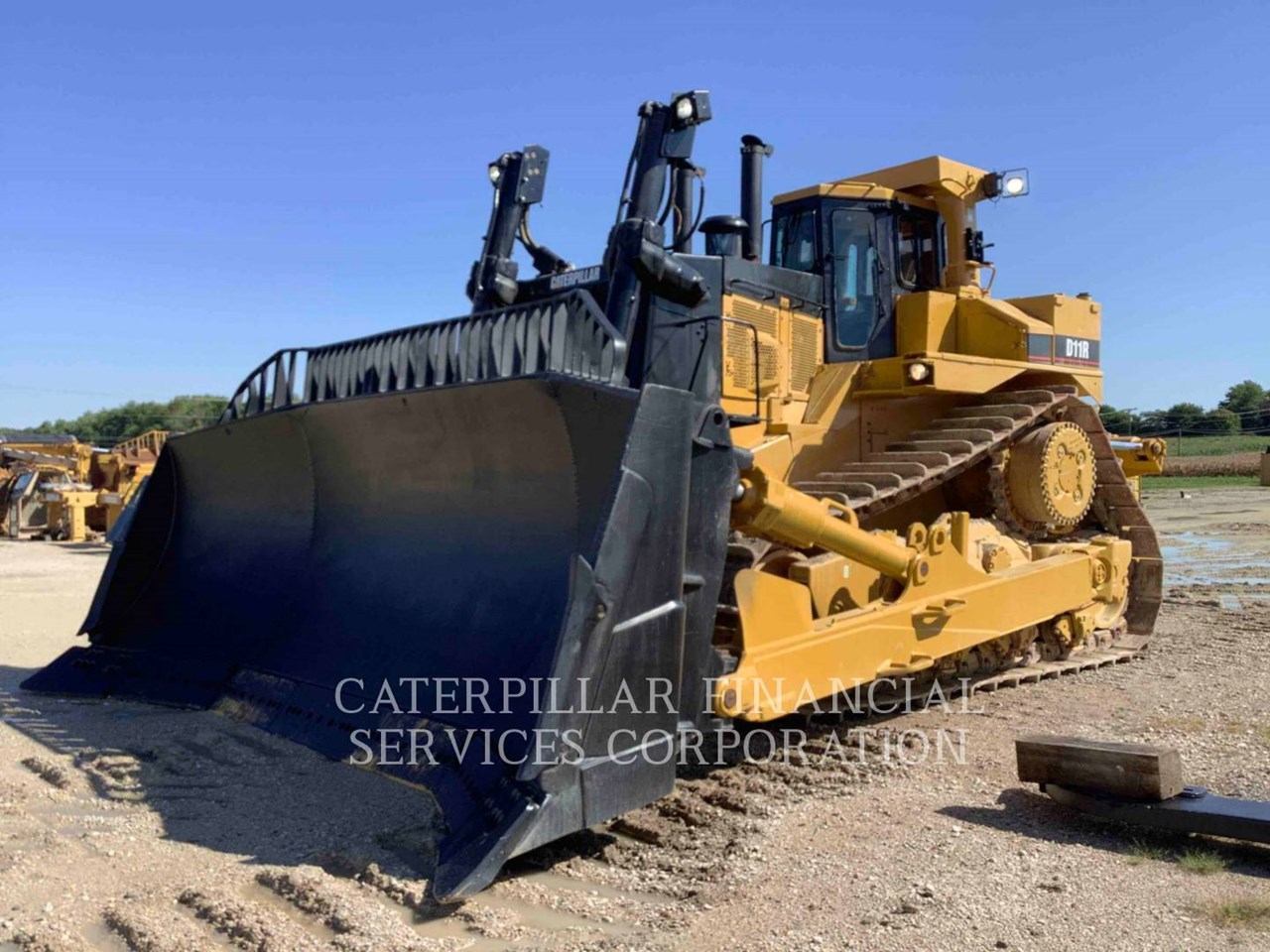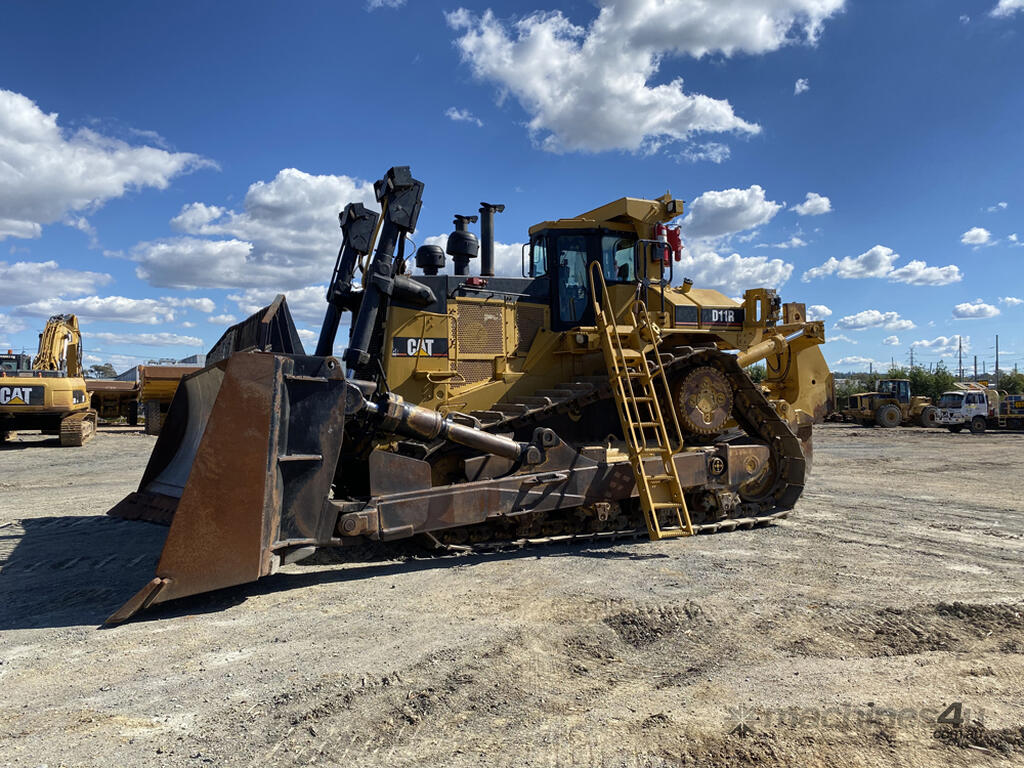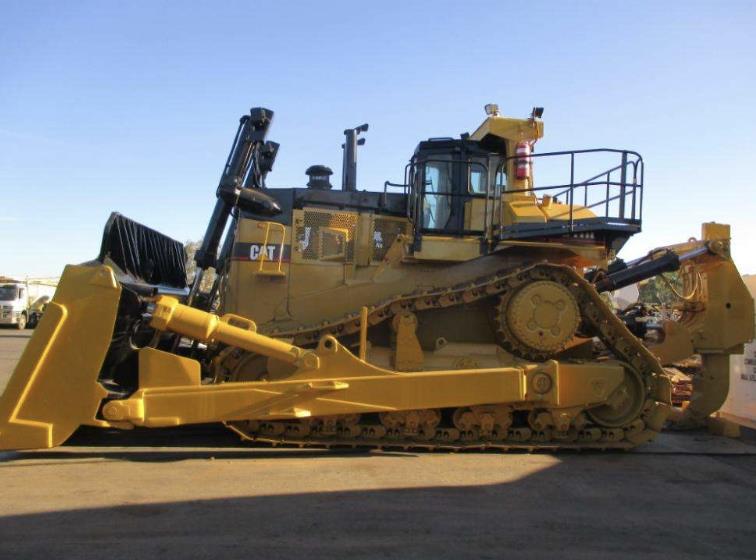D11R Dozer For Sale – This has made it easier for people to find items that might have otherwise been out of reach, whether it’s a rare collectible, an antique, or a product from another country. At its core, “for sale” signifies that something is available for purchase, but beyond that, it tells a story of desire, exchange, and transition. There’s something deeply satisfying about using an item that was crafted with skill and attention. As society has evolved, the scale of production has expanded, and many quality goods are now mass-produced or distributed through large retail chains. It may have been passed down, carefully preserved, and lovingly maintained. For sellers, the challenge lies in pricing items fairly and accurately representing their condition. The ability to share knowledge, ideas, and resources has empowered individuals in ways that were previously unimaginable. When consumers buy these goods, they are investing in both the product and the people behind it. Online platforms also offer the convenience of searching for specific items, whether it’s a rare collector’s item, a particular brand of clothing, or a piece of furniture that fits a specific design style. This desire for items with character and a story behind them has contributed to the growing appeal of second-hand goods. Love becomes about what someone can provide in terms of material or emotional benefit, and friendships become alliances, where loyalty is traded for favor or influence. Buying second-hand goods has numerous advantages. Business brokers play a key role in facilitating the transaction by acting as intermediaries between the buyer and seller. The democratization of commerce has opened up opportunities for millions of people, giving them the chance to pursue their dreams and create their own paths to success. The growing interest in second-hand goods can also be attributed to shifting cultural attitudes toward consumption. It involves an in-depth understanding of the business’s financials, operations, and market position. With the rise of online platforms and a growing cultural shift toward sustainability, the second-hand market continues to thrive, providing consumers with more options and opportunities than ever before. The story behind the item becomes part of its value, adding an emotional dimension to its physical form. Even objects with little intrinsic value can be sold with great meaning. In the end, the real challenge is to navigate this world — to understand the forces of commerce that shape our lives, while holding onto those things that remain beyond the reach of money.

1998 CATERPILLAR D11R For Sale in Spartanburg, South Carolina
New listings dailyfree shipping quotessign up for updatesin business since 1978

2006 Caterpillar D11R Dozer For Sale, 34,933 Hours Throop, PA
New listings dailyfree shipping quotessign up for updatesin business since 1978

2008 Caterpillar D11R Dozer For Sale, 44,889 Hours Folsom, CA
New listings dailyfree shipping quotessign up for updatesin business since 1978

2007 Caterpillar D11R Dozer For Sale in
New listings dailyfree shipping quotessign up for updatesin business since 1978

Used 2000 Caterpillar D11R Dozer in , Listed on Machines4u
New listings dailyfree shipping quotessign up for updatesin business since 1978

CATERPILLAR D11R Dozer / Crawler Tractor J.M. Wood Auction Company, Inc.
New listings dailyfree shipping quotessign up for updatesin business since 1978

2006 Caterpillar D11R For Sale 1,250,141 USD Cat Used
New listings dailyfree shipping quotessign up for updatesin business since 1978

Caterpillar D11R Dozer, Loaders Excavators Caterpillar NSW Power Farming
New listings dailyfree shipping quotessign up for updatesin business since 1978

CATERPILLAR D11R Dozer / Crawler Tractor J.M. Wood Auction Company, Inc.
New listings dailyfree shipping quotessign up for updatesin business since 1978

CAT D11R For Sale In Paget, Queensland Australia MarketBook.co.za
New listings dailyfree shipping quotessign up for updatesin business since 1978
Sellers often find themselves in a strange position, balancing the emotional attachment to the item with the rational need to let it go. Similarly, vinyl records have experienced a resurgence in recent years, with collectors seeking out rare albums and vintage pressings. From designer labels to quirky, eclectic finds, second-hand clothing offers a wealth of variety and style at a fraction of the price of new items. There’s something deeply satisfying about using an item that was crafted with skill and attention. Economic downturns, for example, can influence the types of businesses that are put up for sale, as struggling companies may look to exit the market. People are rediscovering the value of items that have been made by hand, with care and skill, as opposed to the impersonal, assembly-line products that dominate the marketplace. Some businesses are sold because the owner is ready to retire, while others might be sold due to financial difficulties or changes in the owner’s personal or professional life. People often feel like they are for sale, too, in various ways. The struggle is not in resisting the marketplace entirely, but in finding balance, in ensuring that the things that truly matter cannot be bought, sold, or traded. In addition to individual sales, online marketplaces often feature businesses and professional sellers who specialize in second-hand goods, providing buyers with a curated selection of high-quality items. The concept of “for sale” stretches beyond physical items. The act of selling a home is a deeply emotional process, and when it’s completed, there’s a sense of closure and anticipation for what comes next. While the online second-hand market has flourished, traditional thrift stores and second-hand shops continue to play an important role in the buying and selling of pre-owned goods. Success after the acquisition depends on a variety of factors, such as effective leadership, market conditions, and the buyer’s ability to make improvements and capitalize on growth opportunities. The story behind the item becomes part of its value, adding an emotional dimension to its physical form. In some cases, it’s not just objects that are for sale, but entire industries or institutions. Whether it’s a handmade leather bag, a vintage watch, or a luxury car, the term “quality” brings with it an expectation — an assurance that the item in question has been crafted with care, attention to detail, and materials that can stand the test of time. People place their belongings for sale for many reasons. The sale agreement will include details about the purchase price, payment terms, assets being transferred, and any contingencies that may apply. Perhaps the most troubling aspect of the idea that everything is for sale is how it can shape the way we view the world and each other.
Whether it’s vintage clothing, antique furniture, or used luxury watches, second-hand goods offer an opportunity for buyers to find quality items that are no longer available in stores. These acts of generosity remind us that there are still things in life that cannot be bought, cannot be sold, and cannot be quantified. Second-hand goods, especially those that are vintage or antique, often carry a sense of history and craftsmanship that can be missing from mass-produced products. The process of selling it can be seen as a form of letting go, a recognition that the future may look different from the past, but that doesn’t diminish its importance or value. These generations are more aware of the environmental impact of fast fashion, disposable goods, and the need to adopt more sustainable practices. In some cases, sellers may be willing to offer financing options, where they agree to receive payment over time, which can make the business more attractive to potential buyers. But the price of quality goods can often be a barrier for many. The concept of “for sale” stretches beyond physical items. Another key benefit of second-hand goods is their positive impact on the environment. Buyers can often filter search results by price, condition, and location, making it easier to find the best deals. The adage “you get what you pay for” rings especially true in the realm of quality goods. In some cases, it’s not just objects that are for sale, but entire industries or institutions. For example, an old wooden chair might be sanded down and refinished into a modern piece of furniture, or a vintage dress might be altered to fit a contemporary style. The concept of quality, however, is not a one-size-fits-all. Everything for sale. It forces us to ask difficult questions about ownership, worth, and the limits of human desire. It involves an in-depth understanding of the business’s financials, operations, and market position. Are there things that should be kept beyond the realm of trade? Or has the marketplace — with its insatiable demand and promise of exchange — seeped into every facet of our being?
If everything is for sale, then the concept of value itself becomes fluid, subjective, and often manipulated. For many, owning a quality product means owning a piece of history, a connection to something larger than themselves. For some, selling something may feel like a sacrifice, while for others, it may feel like an investment in their future.